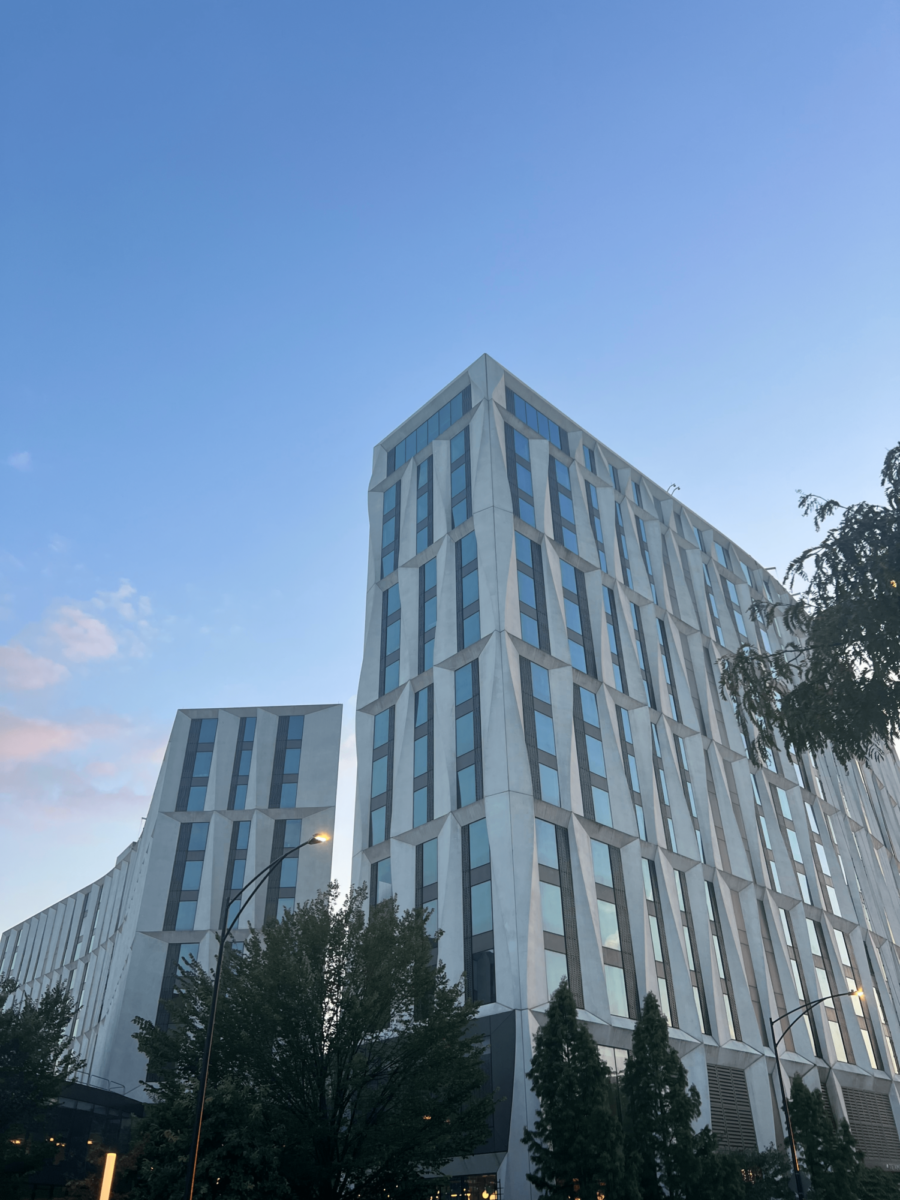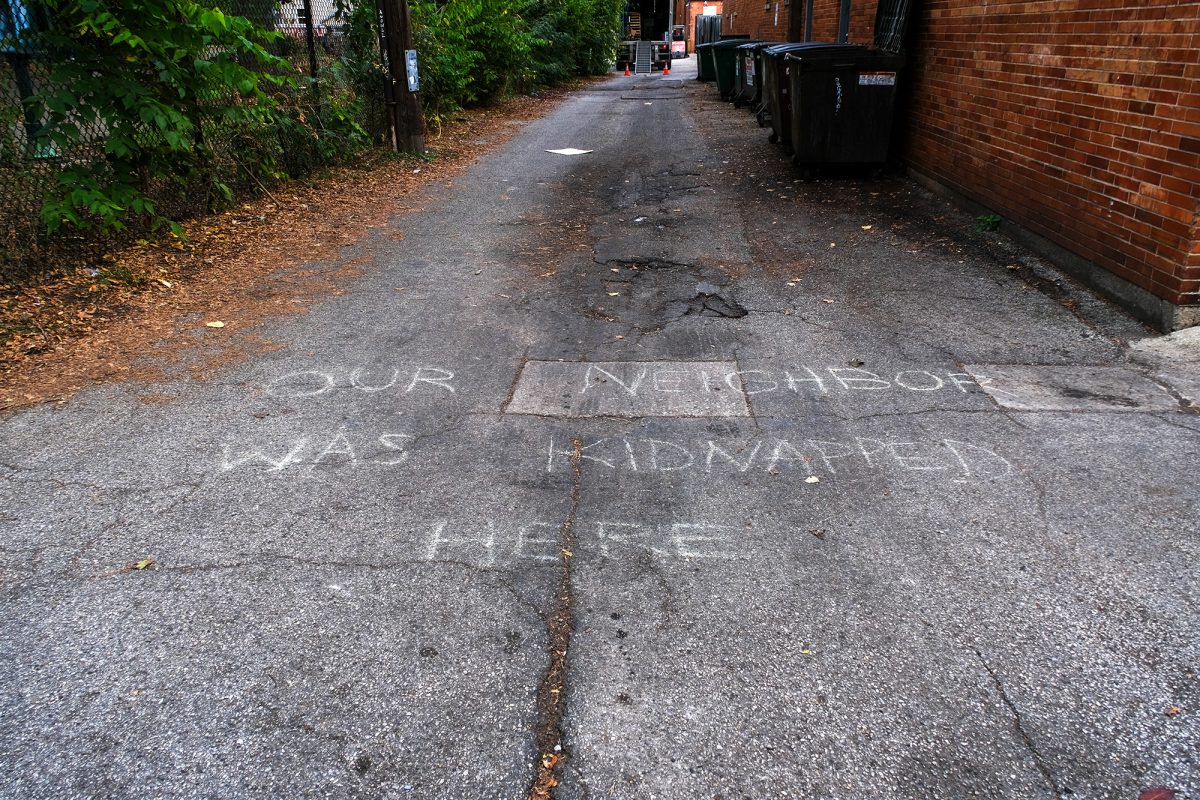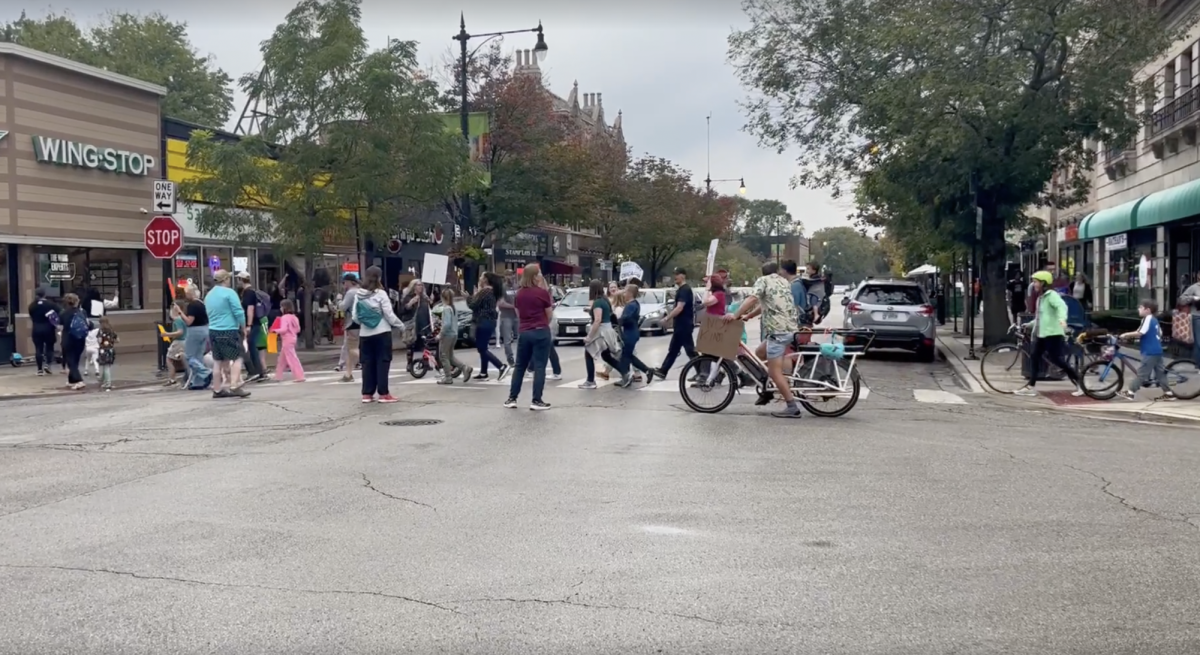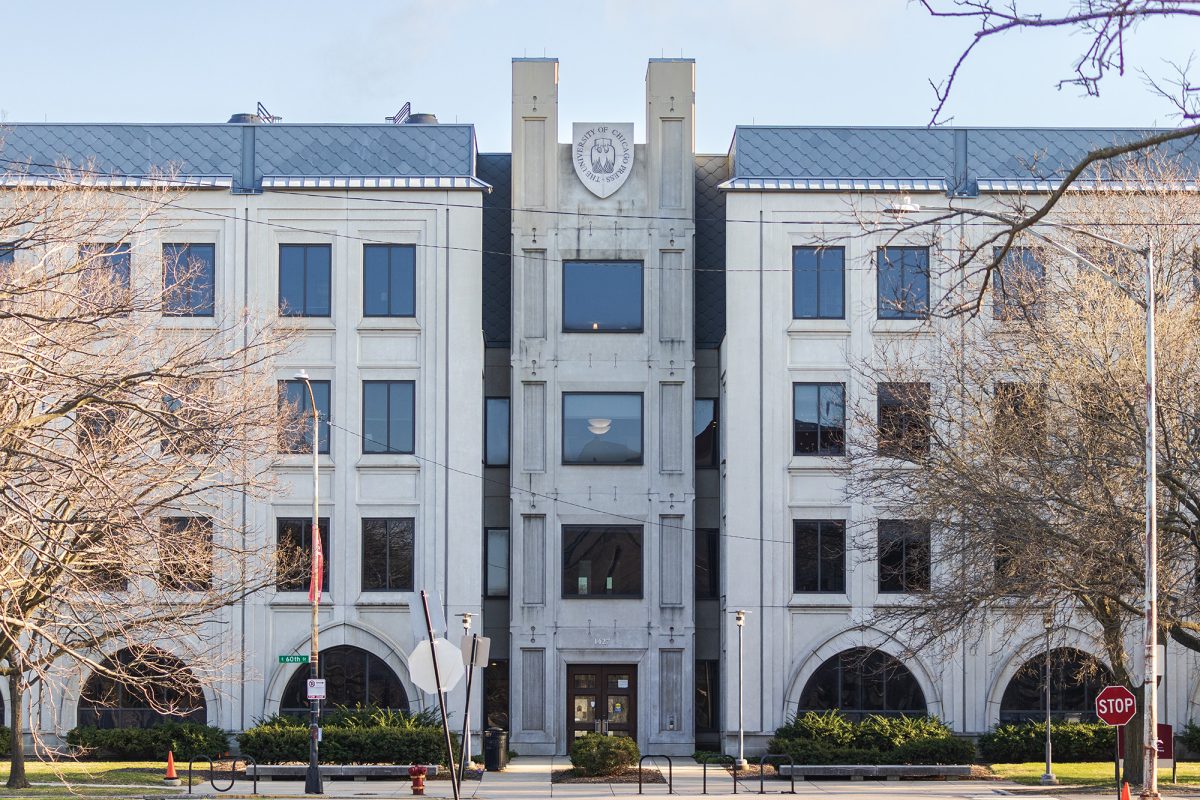The time has come for many in the University to strike out on their own, leave behind University housing, and begin the search for an off-campus home. But finding a first apartment–let alone selecting roommates–often proves to be a nerve-wracking task for students in the College.
Nevertheless, with slightly under half of the College student body out of University housing, a large percentage of University undergraduates are currently searching for apartments and signing leases for next year.
“I’m actively looking for housing, and I want out next year. Big time,” said Nina Breakstone, a third-year in the College.
Breakstone has spent three years in campus housing, and said she made the decision to leave because many of her friends are leaving, and also because she is staying in Hyde Park for the summer.
“Moving out of the dorm into an apartment [for the summer], only to move back into the dorm in the fall, seems like a big waste of effort and energy,” she said. “And I’m really getting tired of dining hall food.”
Breakstone is not alone. According to Katie Callow-Wright, director of the University house system, only 51.6 percent of students in the College currently live in the University house system.
For students set on moving out of campus housing, the task of securing an apartment can be daunting, especially as they are often only one year or two removed from living with mom and dad. The situation can also be exacerbated by the fact that the University provides scant resources to ease this transition.
“It’s just troublesome that there isn’t one resource I can turn to,” Breakstone said. “The Marketplace Web site has a lot of information, but not everyone posts online, so I’m comparison-shopping elsewhere.”
The Web site Breakstone is referring to is marketplace.uchicago.edu, the University’s equivalent of E-bay. Run by Student Government (SG), it provides a forum for people affiliated with the University to post things for sale–including rooms, apartments, and furniture.
The other University resource available to students concerning non-campus is housing is also provided by SG–apartments.uchicago.edu. This site offers contact information for local realities and management companies, tenants’ rights associations, and basic information about signing and living under a lease.
However, the University itself does not help undergraduates with off-campus housing, perhaps not wanting to facilitate competition to the campus housing system.
“There’s not an office or a person responsible for undergraduate off-campus living,” Callow-Wright said. “Unfortunately, I think that the larger city has better resources [for helping students find apartments].”
Most students find apartments through friends, newspaper listings, or by working through one of the major Hyde Park management companies. While some students move out of Hyde Park or into one of the neighborhood’s luxury high rises, the fact that cheap rent is often a decisive factor among undergraduates makes the high-end apartments unreachable.
“I’ve decided to leave housing because it’s too expensive, and you’re constantly surrounded by really irritating people and their ‘house spirit’,” said third-year Andrew Brokos. “The cost of the room alone is enough to get yourself a lot more space in an apartment–plus, in an apartment you don’t have to deal with the mandatory meal plan.”
Reasons like these lead about half of each class to move out of housing every year.
Only 62 percent of first-years, who are required to live in the House System, return to it after the initial year. The numbers fall for each successive year, and the University uses return rates to determine how many available beds are needed.
“We have a fairly consistent breakdown,” Callow-Wright said. “We take historical trends into account.”
Every undergraduate student is guaranteed housing if he wants it, but space is limited — especially with undergraduate enrollment increasing every year.
According to Callow-Wright, the re-opening of Breckenridge House next year is a direct response to the increasing size of the incoming class.
“There is no question that we’re going to be needing more space,” she said. “It’s likely that we’re going to build a new dorm, but we are exploring all the options.”
The University owns and operates some 1,100 apartments in Hyde Park, which are leased through the Neighborhood Student Apartments system, and are designed for the large graduate student population.
While real estate in Hyde Park is cheaper than that of many other parts of Chicago, prices here tend to go up each year, even at management companies that rent largely to students and others affiliated with the University.
“We regulate rent every year with what the apartment and the market warrants,” said John Wagner, manager at K & G Management, about 70-80 percent of whose tenants are students. “We can have two-bedrooms for $1,500 and then two-bedrooms for $800.”
After completing the search for an apartment and settling into their new homes, most students become good tenants, according to Wagner.
“The only problem we do have is that people graduate and leave the place a mess,” Wagner said.








